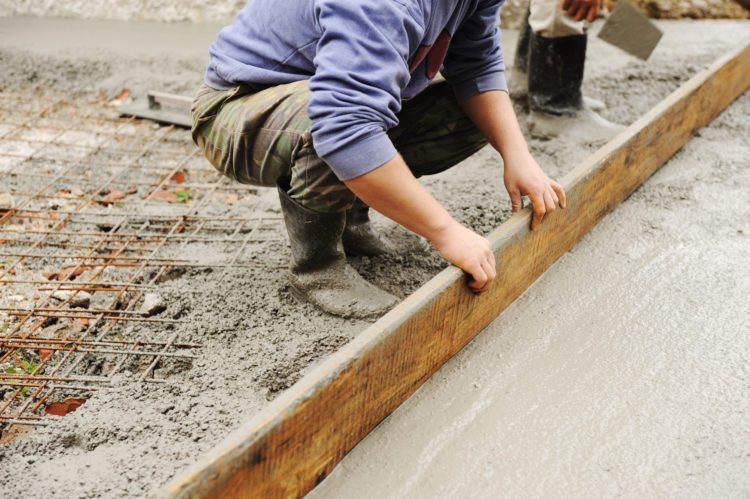Concrete is the most commonly used human-made material. Over 88.5 million metric tons of cement were produced in the U.S. in 2018 to serve the construction industry. Preference for concrete stems from its strength and durability, with structures lasting more than 100 years.
Now that winter has arrived, most construction projects must still remain on schedule even with the prevailing weather conditions. The industrial supply of concrete during the frigid months comes with a host of cold-related complications. The extremely low temperatures can weaken concrete, affecting the structural stability of the building under construction.
The Two Major Problems of Cold Concrete
There two major issues with the industrial supply of concrete during the cold weather. The first one is that extreme freezing temperatures can cause concrete to lose its initial strength of 500 psi. You may need to protect the ready mix from freezing early on during the ‘protection period,’ which is about 48 hours after pouring.
Additionally, the frigid temperatures below 40 degrees Fahrenheit halt the hydration process within the concrete. The set period drastically increases as the concrete gains strength at a slower rate. Your finishing team may have to stay on the site for longer, waiting for the concrete to set.
How Concrete Industrial Supply Contractors Can Tackle the Cold
- Heat Water and/or Other Aggregates: There shouldn’t be a difference of more than 15 degrees Fahrenheit between the ground and the concrete to pour. Your local concrete supplier can heat the water to use in the ready mix concrete, keeping it above 50 degrees.
- Accelerators: The addition of accelerators in the concrete industrial supply can help keep the curing on a predictable schedule. Some compounds, such as calcium chloride, can be used to accelerate the hydration reaction, allowing the concrete to set faster. However, be mindful of reinforced structures as calcium chloride can cause corrosion of steel embedded in the concrete. It may also lead to streaked or spotted surfaces. You can direct your concrete suppliers to use non-chloride accelerators that will be friendlier to your reinforced steel and will not discolor your concrete.
- Taking Advantage of Internal Heat: The hydration reaction is exothermic, producing necessary heat that can warm up your concrete. You can request your concrete suppliers in Delaware to make the reaction hotter by mixing with higher cement contents. You may also consider an industrial supply of concrete that is two or three classes higher in strength.
Construction is an all-year-long industry, and concrete supply must continue even with the less than ideal weather conditions. If proper precautions are taken, you can pour your concrete during the frigid months, and it will develop the required strength and durability.



